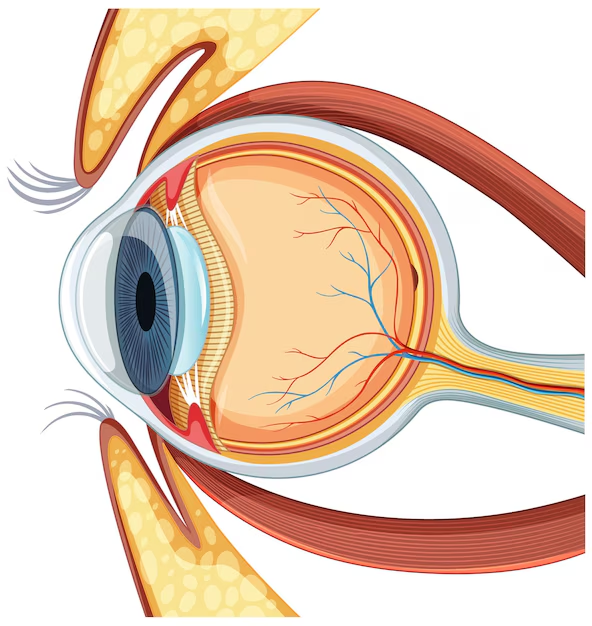Complete Retinal Services

Introduction
Complete Retinal Services encompass a wide range of diagnostic, therapeutic, and surgical interventions designed to address retinal diseases and conditions. These services are provided by specialized clinics or centers equipped with advanced technology and staffed by experienced retinal specialists. Comprehensive retinal care aims to preserve and restore vision, enhancing patients’ quality of life.
Diagnostic Services
Comprehensive Eye Examination
A thorough eye examination is the first step in diagnosing retinal conditions. This includes visual acuity tests, slit-lamp examination, and dilated fundus examination to inspect the retina and optic nerve.
Imaging Techniques
Advanced imaging technologies such as Optical Coherence Tomography (OCT), Fluorescein Angiography, and Fundus Photography are integral to retinal diagnostics. OCT provides detailed cross-sectional images of the retina, aiding in the diagnosis of conditions like macular degeneration and diabetic retinopathy. Fluorescein Angiography visualizes blood flow in the retina, essential for detecting vascular abnormalities.
Therapeutic Interventions
Laser Therapy
Laser treatments, including green laser photocoagulation and laser retinopexy, are used to manage conditions such as diabetic retinopathy, retinal tears, and macular edema. These procedures help seal leaking blood vessels and repair retinal detachments.
Intravitreal Injections
Intravitreal injections of medications such as anti-VEGF agents and corticosteroids are used to treat age-related macular degeneration (AMD), diabetic macular edema, and retinal vein occlusion. These injections reduce inflammation and inhibit abnormal blood vessel growth.
Surgical Services
Vitrectomy
Vitrectomy is a common surgical procedure used to treat conditions like retinal detachment, vitreous hemorrhage, and macular holes. The surgery involves removing the vitreous gel and may include repairing retinal tears or applying laser treatment.
Retinal Detachment Repair
Various surgical techniques, such as scleral buckling, pneumatic retinopexy, and pars plana vitrectomy, are employed to reattach the retina and restore vision. The choice of technique depends on the type and severity of the detachment.
Patient Education and Support
Education
Patient education is crucial in managing retinal conditions. Patients are informed about their diagnosis, treatment options, and the importance of adherence to prescribed therapies. Education helps patients understand their condition and participate actively in their care.
Support Services
Support services, including counseling and vision rehabilitation, are offered to help patients cope with the psychological and practical challenges of living with retinal diseases. These services aim to improve patients’ overall well-being and quality of life.

